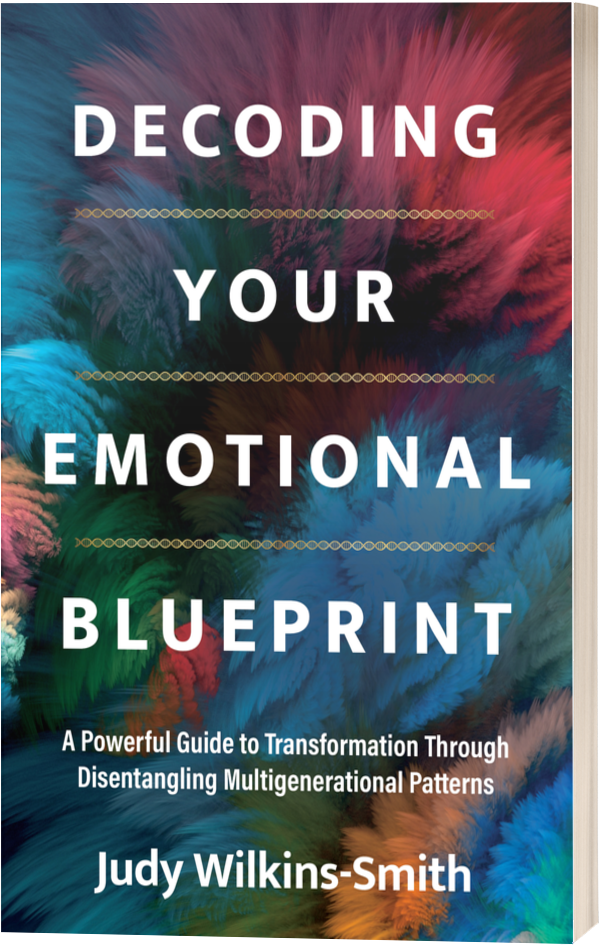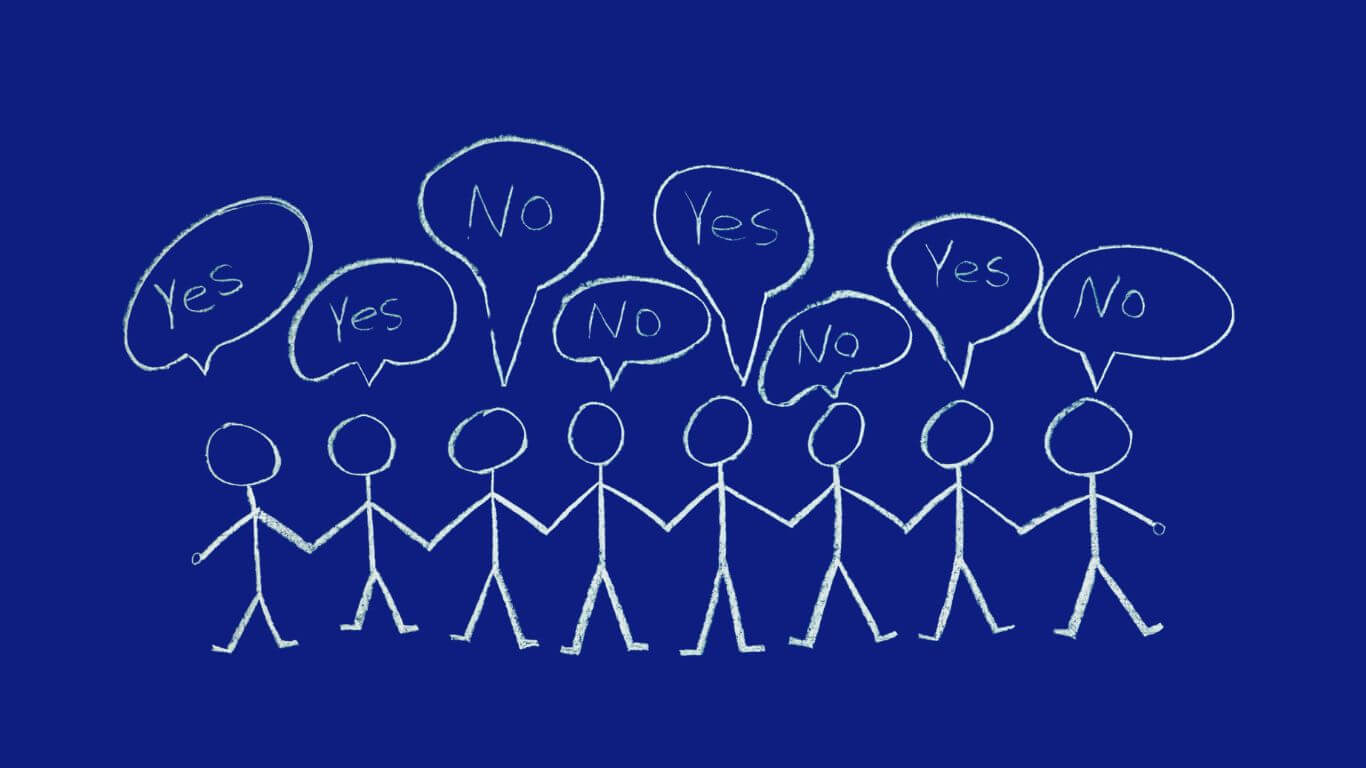Overcoming Limiting Beliefs - Who Taught You to Pretend You Were Small?
I have a very well-known client who is a top producer in Hollywood, bringing out some of the biggest movies and interacting with some of the world’s top stars. I asked her one day why she was behind the camera, not in front of an audience. It was just a casual question, but her answer and reaction revealed deep-seated negative self-talk and self-limiting beliefs. She turned bright red and said “You won’t catch me dead in front of a camera or on stage!”
Now, I’d only asked her about being in front of a camera, but I’m used to listening carefully to what people say and how they say it. Her emotional reaction was extreme given the casualness of the question. And I noted the addition of the word “stage”- a potential blind spot in her comfort zone.
So, I asked her what had happened to her when she was on a stage, and how old was she at the time? She was shocked at my insight, but went on to tell me that when she was young age of eight, she had loved everything to do with the stage and entertainment. She attended a large school with a robust fine arts program, and at one point got together with a group of students and presented them with a play that she had written. She cast all of the children into the different roles, and took on the starring role herself.
They presented the play to the whole school. (She described it as “One of the greatest adventures of my life to date.” Which was a pretty huge statement!) Giddy with excitement at the good reception they received, she danced over to the teacher who was in charge of the program. Expecting to be praised for her extra work and initiative, she was floored by the teacher’s response: “Nobody likes show-offs, you should be ashamed. And you weren’t that good anyway.” This turning point created negative experiences that became the biggest obstacle to her personal growth as a performer.
This story illustrates how past experiences can shape our inner voice and create mental roadblocks that limit our full potential. What might have been this producer’s career path had that teacher chosen to nurture rather than criticize? How often do our own negative beliefs stem from similar moments in our life experiences?
The message sank deep and became part of a profile of shame. She never set foot on stage again, and it took her much time to become a movie producer. Her emotional well-being was so compromised that she would experience high anxiety anytime a director asked her to stand-in for a quick sound or camera check, causing tears and anxiety throughout production of her first two movies. This fear of failure had transformed into invisible barriers affecting her professional development.
I asked if she felt up to gently going back to revisit that moment – the first step toward healing these core beliefs. And I encouraged her to stop the process anytime it felt overwhelming. Setting up a constellation, I asked her to place a representative for her younger self, as well as one for the teacher, and for entertainment in general. There wasn’t much to do after that. She immediately got up from her chair and rushed over to the stand-in for her eight-year-old self and burst into tears.
“I’m so sorry you had to go through that,” she sobbed. Then she looked at me. “Everybody told me how good I was, but somehow that teacher’s words struck hardest, and I couldn’t get on stage after that. Even now, I find myself asking directors and actors if I’m too much or not good enough. And they’re usually shocked by my question. But now I can see, looking at my eight-year-old self, how impactful it was listening to the wrong voice. And how sad it all is.” This moment of recognition was the beginning of challenging limiting beliefs that had been operating in her subconscious mind for decades.
Pay Attention
As a systemic facilitator, I cannot tell you how many times people share similar stories. One line from a teacher or a family member is enough to send a child down rabbit holes of negative thoughts their entire lives. Words have weight. Our ears don’t always hear what is in our best life interests. The thoughts we create as a reaction to those words become self-fulfilling prophecy, either negatively or positively. Our gut reacts. Things happen. And before we know it, we become what we have chosen to pay attention to, creating long-term patterns that require conscious effort to change.
But how can an eight-year-old child ward off a negative comment by a teacher? The answer is straightforward: Teach your children not to allow anyone to make them small. Teach them that if somebody says or does something and it feels bad to them, and their bodies feel angry or sad, that they need to express their feelings. Sit with them. Validate their feelings and then tell them that other people’s opinions are not necessarily the absolute truth. Teach them that if something unkind is said, the owner of those words is talking about themselves. They should not and MUST not take those unhelpful thoughts into their bodies because they may be creating a lifetime of limitation. Perhaps they will even be repeating generations of limitation. Instead, help them develop empowering beliefs that will serve as defense mechanisms against such harmful messages.
What about you?
Every single one of you has been embarrassed, shamed, blamed, belittled, shocked, and guilted in a way that has changed your life. You may not have realized it, but every circumstance in which you find yourself feeling small came from some words or opinion or event that caused you to stop and feel bad about yourself. These experiences often become the most common limiting beliefs that affect your mental health and create negative self-perceptions. Now, you have a choice. You can hold onto those old beliefs, or you can go all the way back to where it began and coach your small, impressionable self into a whole new understanding.
Who told you that you were too small, too big, too whatever, and why? The answers to such simple questions can challenge limiting beliefs, create real change, and ignite profound growth. Think back, and then ask yourself:
- What would you say to that younger self?
- What would you like to say to the person that told you those wrong things about yourself?
- What do you want to tell your future self?
This may sound like a simple practice, but it is literally an exercise that can undo the limiting “spell” that you helped to cast onto yourself. By recognizing your subconscious boundaries and becoming your own cheerleader, you are also setting up your future self for success.
I asked the client I was just talking about to do this exercise. After she apologized to her younger self, she told her younger self, “You were really, really good in that play,” Then she turned around and told her future self, “I’m coming for the camera.” We put a representative into the constellation for the camera, and she told it, “I have loved you all my life, but I was too ashamed to stand in front of you. I can’t wait to do that. I am really, really coming for you.”
Today, she is doing exactly that. She untangled what had been created and started heading towards what she really wanted. As a side note, it should not surprise anyone to find out that in her family her mother had also been shamed. On top of that, her grandmother had been told that “Girls should not show off.” So, her own experience was part of an ongoing family system pattern.
Systems are elegant. While the trauma is long gone, the body does not forget. The stories are always there, waiting to be discovered, given their place, and added to—turning tragedy to triumph. But few of us think to go back to where it all began.
And as far as the future is concerned. Next time somebody makes a pronouncement about you … is dismissive, angry and condemning, always realize that this is about them. Do not make it about you. Instead ask yourself internally, is “Oh yeah? Says who?” And then work out how to move beyond it. Shake off those chains! They didn’t belong to you in the first place.
A Systemic Expert & Executive Coach, Judy Wilkins-Smith assists high-performance individuals, Fortune 500 executives, and legacy families to end limiting cycles and reframe apparent challenges into lasting breakthroughs and peak performance by guiding them through and beyond hidden Emotional DNA patterns. Her books Decoding Your Emotional Blueprint and The Hidden Power in Your DNA are two exciting guides on your journey to purpose.
Access your free chapter of Decoding Your Emotional Blueprint












